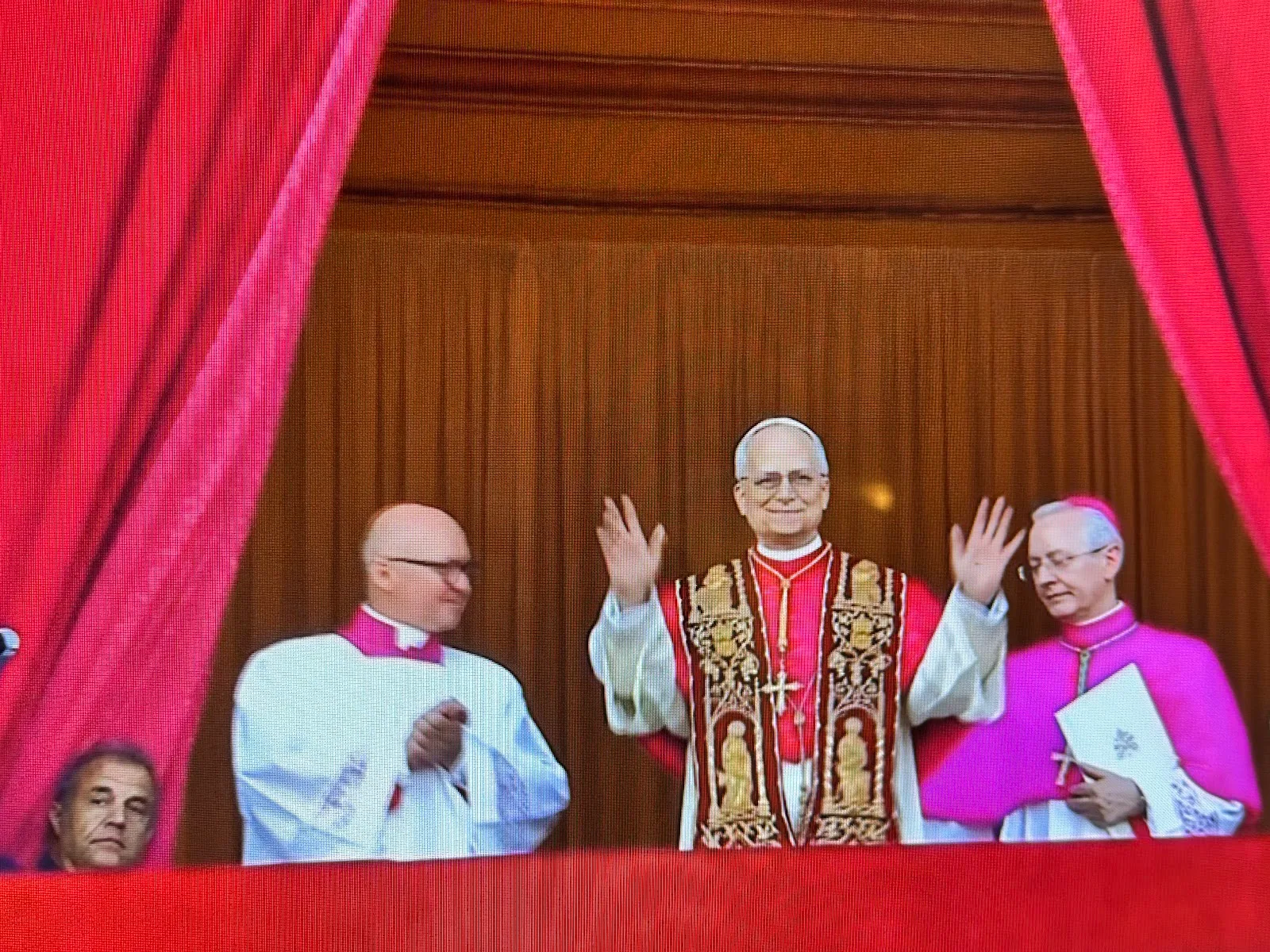[ad_1]
WASHINGTON (Reuters) – U.S. Republicans on Tuesday appeared to be nearing a deal on state and local taxes that would preserve a federal deduction for property taxes but not income taxes, potentially removing a major obstacle that could derail their impending tax overhaul plan.
Republican Representative Tom Reed of New York said the “sweet spot” compromise was gaining support among high-tax state lawmakers who have signaled their opposition to a proposal to repeal the state and local tax, or SALT, deduction.
The compromise “goes a long way to listen to their plight, respond to their needs,” Reed told reporters on Capitol Hill.
The popular, long-standing federal deduction for state and local taxes is just one tax provision targeted by Republican tax writers and President Donald Trump in a plan they hope to enact into law before the end of 2017.
House of Representatives Ways and Means Committee Chairman Kevin Brady told reporters that he would meet on Tuesday evening with lawmakers concerned about the SALT deduction. The text of the bill is expected to be released on Wednesday, he said.
The SALT compromise would reduce, but not eliminate, a disproportional tax impact on upper middle-class families in high-income tax states such as New York, New Jersey and California. Those states send enough Republicans to Congress to derail a tax bill.
If a SALT deal enables Republicans to pass tax legislation, it would be Trump’s first major legislative achievement since he took office in January, with Republicans controlling both chambers of Congress.
Other elements of the tax-cut plan remained up in the air, including proposals affecting retirement savings, small businesses and business interest payments.
The House bill is expected to cut the top corporate income tax rate to 20 percent from 35 percent; phase out the estate tax paid by the wealthiest taxpayers over two or three years; and may set a repatriation rate for U.S. businesses with profits overseas, according to a source familiar with a Tuesday meeting between House Speaker Paul Ryan and conservative groups.
It is also likely to set a 15 percent minimum tax on active foreign income of U.S. corporations, according to lobbyists with knowledge of negotiations.
TRUMP, PENCE ENGAGED
As the Trump administration escalated its pro-tax plan campaign, Vice President Mike Pence met with Republicans on Tuesday, while Trump hosted industry leaders and then Ryan, at the White House.
Trump said at the White House he wants Congress to pass tax reform bills by the U.S. Thanksgiving holiday on Nov. 23.
If Republicans succeed, it would be the first major overhaul of the tax code since former Republican President Ronald Reagan’s in 1986, though Trump’s plan is less comprehensive.
The Trump plan, calling for up to $6 trillion in tax cuts for businesses and individuals over a decade, faces heavy resistance from special-interest lobbyists defending pet loopholes.
A proposal to limit how much money Americans can direct to their 401(k) retirement accounts on a pre-tax basis is meeting resistance, including from fund managers who handle 54 million such accounts.
Republicans initially proposed capping tax-free 401(k) contributions at $2,400, down from $18,000 in 2017, but the figure is in flux.
Representative Kevin McCarthy, a member of Republican leadership, told reporters he would “like to see how much we can put away, raise that cap on how much we can put away, tax free.”
Senator Heidi Heitkamp, one of a few Democrats being courted by Republicans, said she cannot support lowering the cap on tax-free retirement contributions. “I will not vote for that,” she told reporters.
Reporting by David Morgan and Amanda Becker; additional reporting by Ginger Gibson, Jeff Mason, Susan Cornwell and Richard Cowan; Editing by Dan Grebler and Diane Craft
[ad_2]
Source link






Leave a Reply